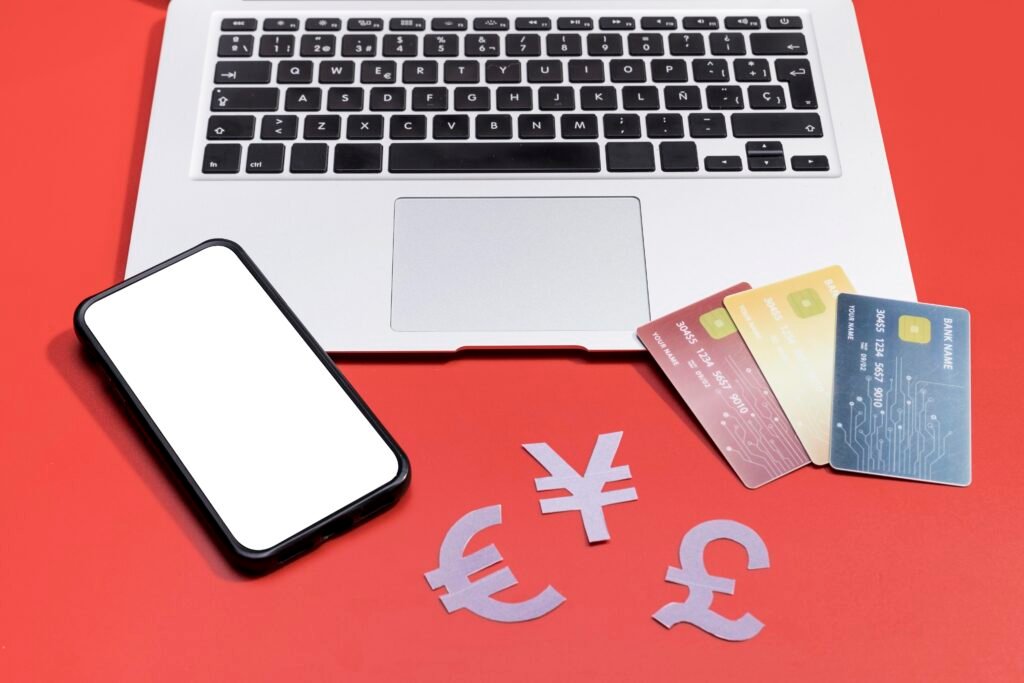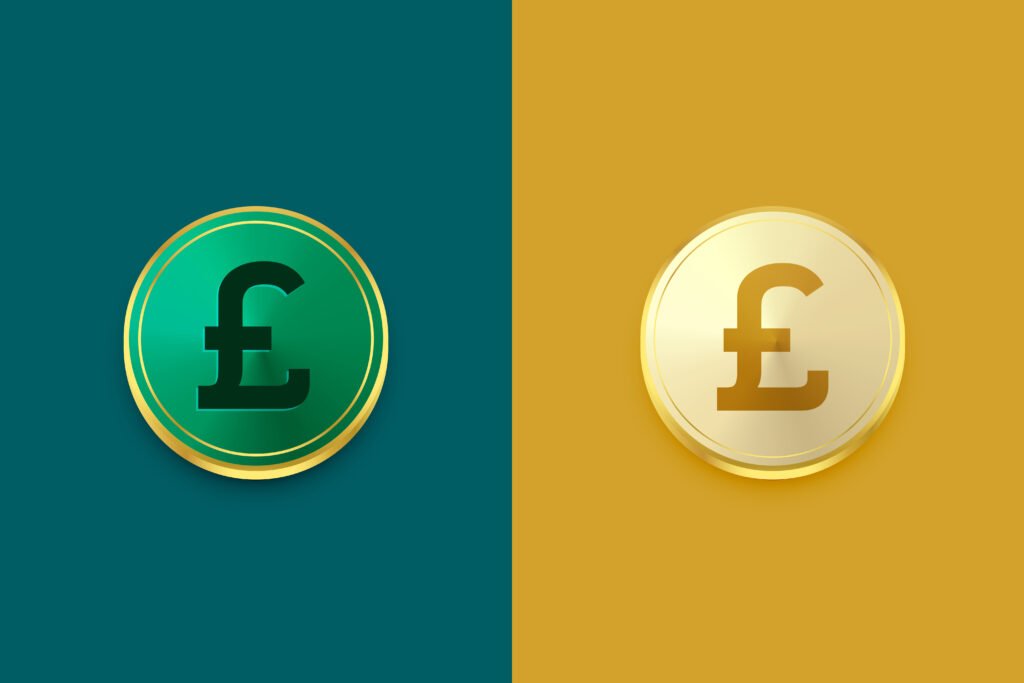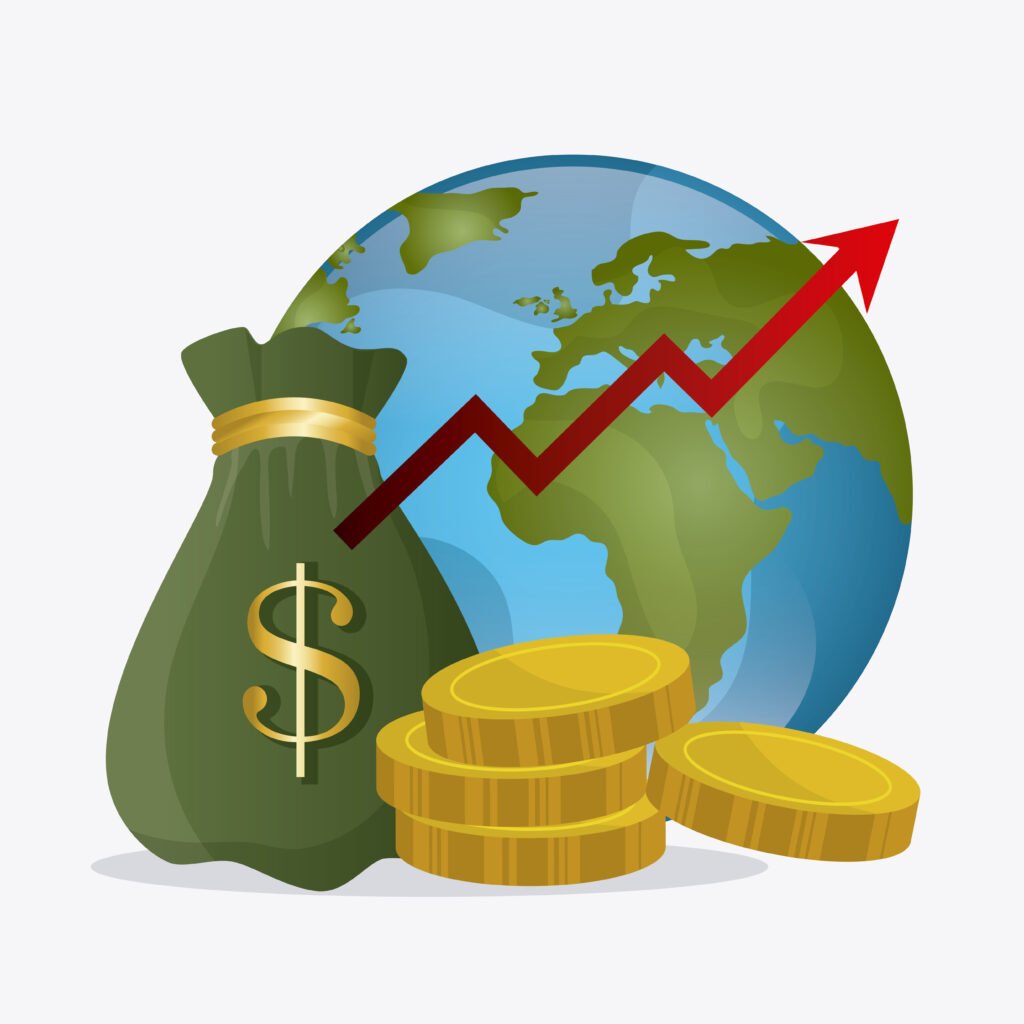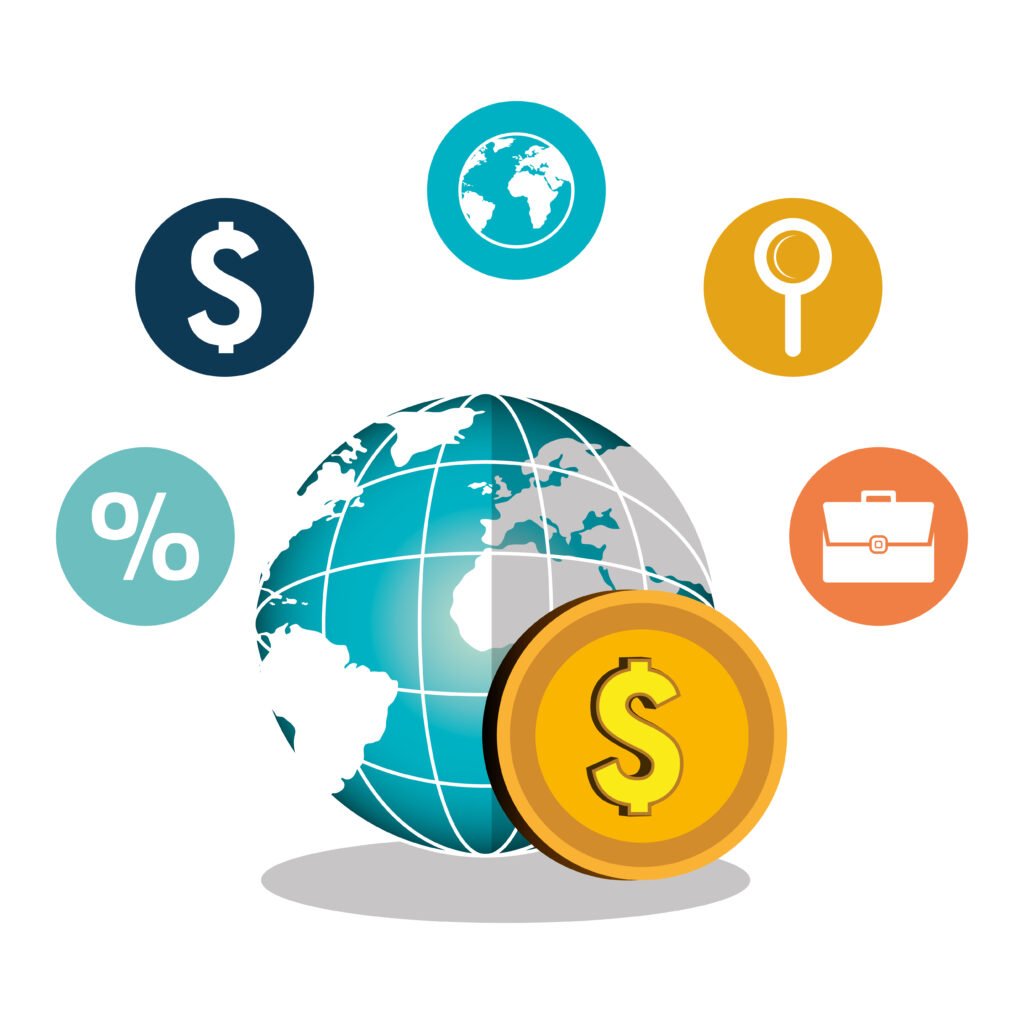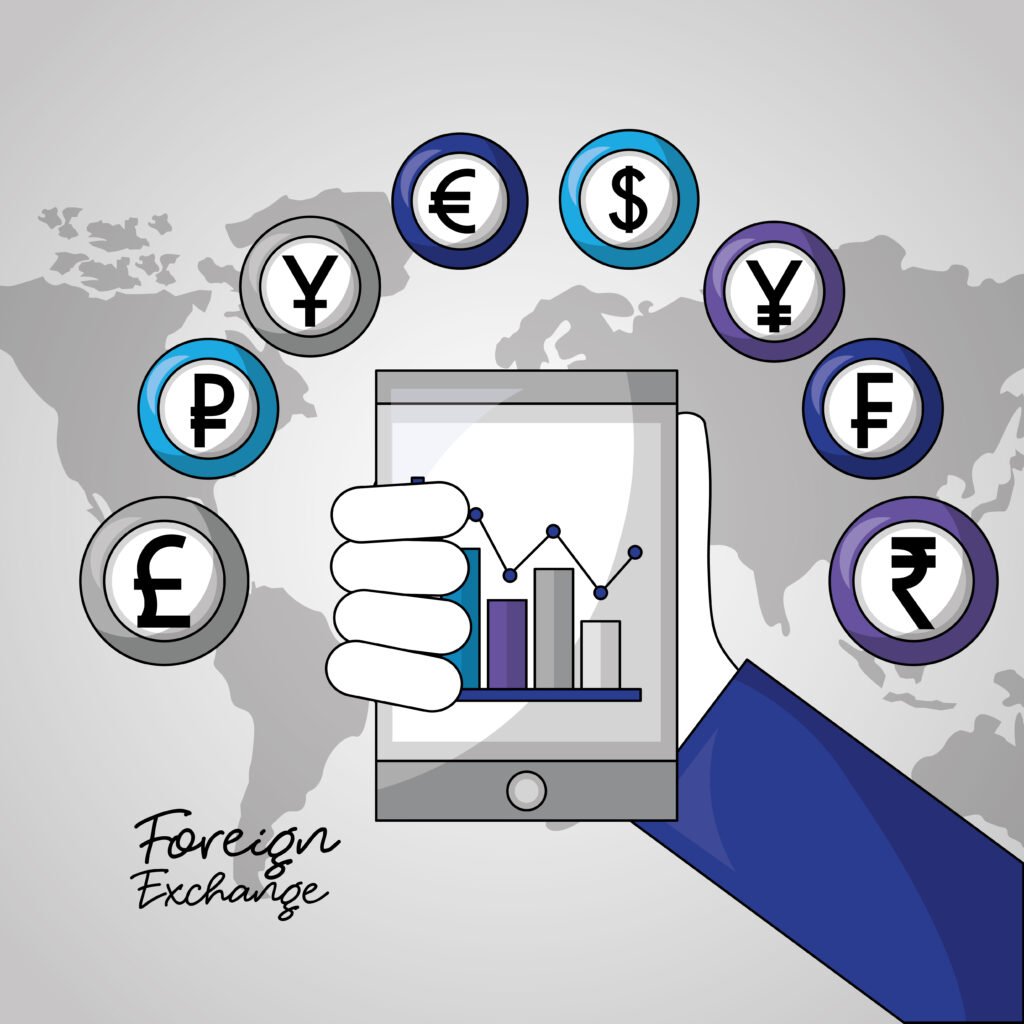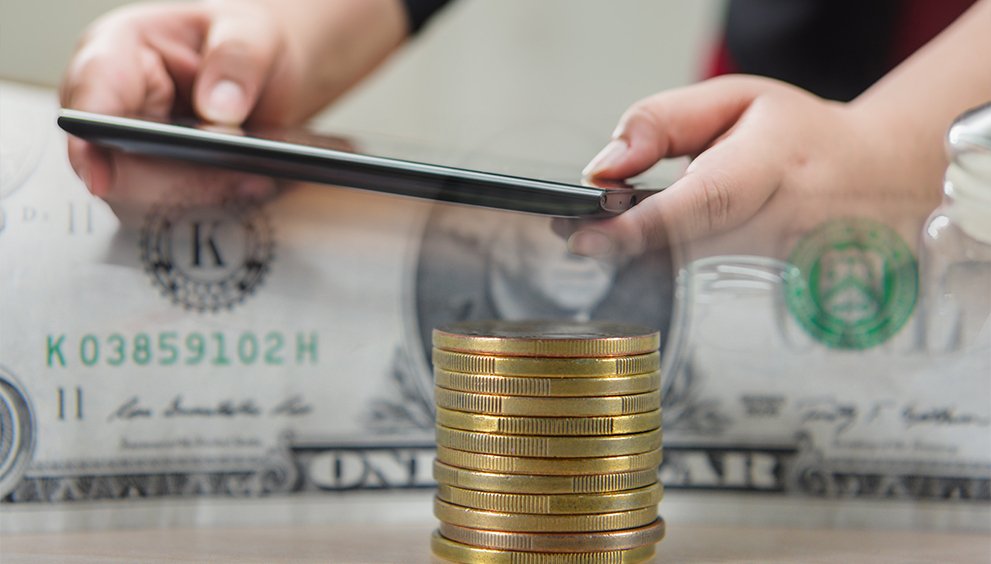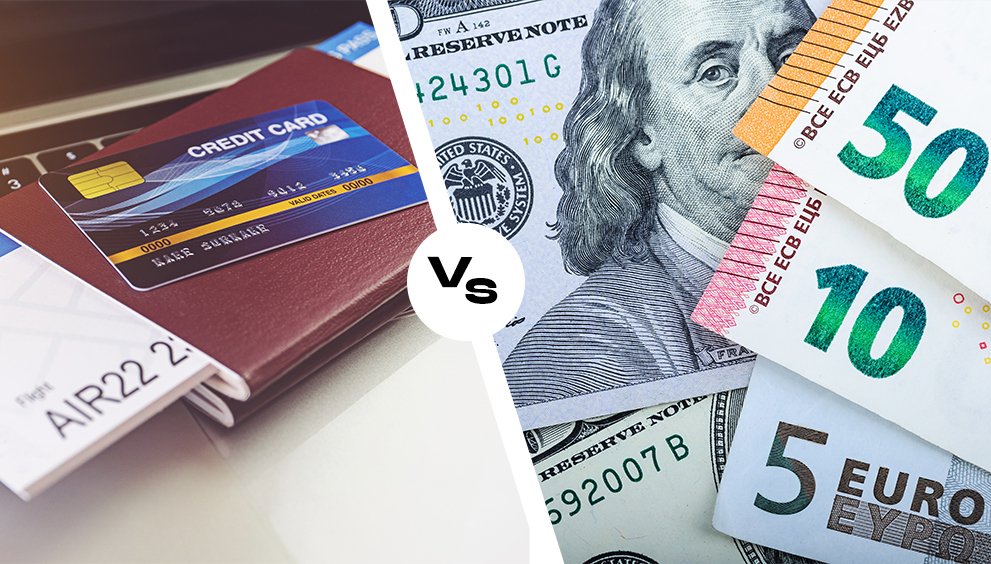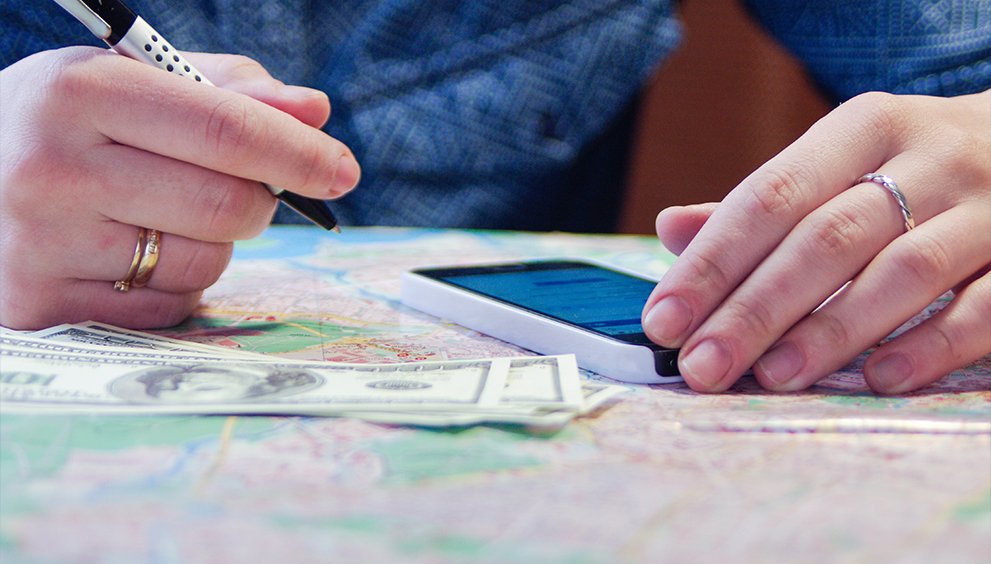New Year, New Money Habits: 10 Expert Tips to Transform Your Financial Life in 2025
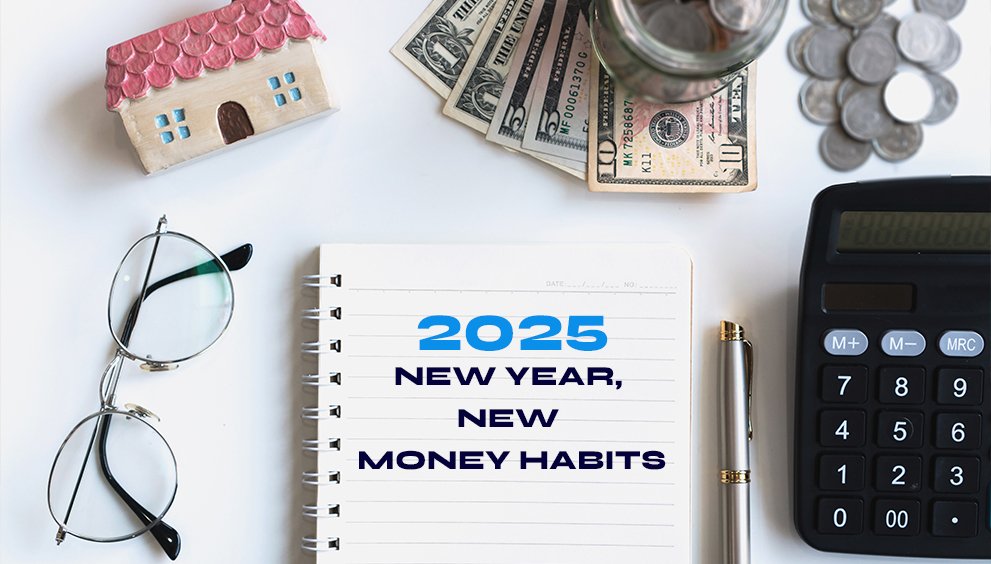
2025 begins, the new year is here, and so are the new opportunities to transform your relationship with money!
Financial habits are much more than money management; they impact the quality and quantity of the life you lead. If you have ever felt that you need to change your financial or money habits, 2025 is the perfect time to make a change. Here are 10 expert-backed tips designed to inspire you as you create financial resolutions that truly set you up for success.
-
Take Stock of Your Current Financial Situation
Before you make any change, know where your finances stand. It starts with a basic, detailed review of your bank statements and credit card bills from the past few months. Start taking notes of your financial behaviours and spending- what are your regular expenses, and where are you overspending?
Many experts recommend that you take some time to categorise your expenses into three helpful groups: needs, wants, and savings. This straightforward exercise can really open your eyes and provide you with a clearer picture of where your money is going. It also gives you a clear picture of what is there and what can be done with your finances in the future.
-
Define Clear Financial Goals
Another crucial aspect that is essential when the winds of New Year Resolutions are going in the wrong direction is clear and transparent financial goals. We all know that setting goals is key to achieving financial success. Having clear goals fuels your motivation and lays out a plan for your financial journey. Think about dividing your goals into short-term, medium-term, and long-term targets to ensure you’re addressing all areas on a fundamental basis.
Hence, rather than vague resolutions like “save more money,” define specific targets. For example, save £500 for an emergency fund by June or pay off £1,000 of credit card debt by December.
-
Create a Budget That Works for You
Something that we have been listening to all our lives is that budgeting is key to sufficiency. Through the budget, you learn to understand the importance of conscious budgeting and spending money, and you will find yourself at ease with budget. Start with a simple money framework like the 50/30/20 rule: allocate 50% of your income to needs, 30% to wants, and 20% to savings or debt repayment.
There are numerous budgeting tools and apps available, like Money Dashboard and Yolt, specifically designed for UK users. These fantastic tools can really help you stay on track while keeping budgeting a breeze chore.
-
Build an Emergency Fund
If you don’t have any sort of emergency fund now, plan one, as an emergency fund acts as a financial safety net. Life is full of delightful surprises, and having 3-6 months’ worth of living expenses tucked away can make such a positive difference during those unexpected moments.
If the idea of saving that much feels a bit daunting, why not start small? Focus on saving just one month’s worth of expenses to begin with and then gradually build up from there. Setting up automated savings can truly make this process feel effortless and smooth!
-
Pay Down Debt Strategically
Debt is a delicate barrier between you and your financial freedom! While mortgages or student loans act as boosters for life, untimely payments could permanently dent your credit. There are two popular methods for paying off debt:
- The Snowball Method: Pay off smaller debts first to build momentum.
- The Avalanche Method: Focus on debts with the highest interest rates to save money in the long run.
Pick the option that resonates with your unique personality and fits your financial situation, and keep moving forward consistently.
-
Start Investing
Investing money sounds like an intimidating job to do, but it is undoubtedly one of the effective ways to grow your health over time. If you’re just starting out, consider beginning with affordable index funds or investment apps that provide easy-to-use platforms. Keep in mind investing is a journey that takes time. You don’t need a lot of money to start—investing small amounts regularly can really add up to impressive growth over time.
For instance, if you want to buy a home, start a monthly payment towards the cash payment you will need.
-
Automate Your Savings
One of the easiest ways to stay on track with your financial goals is by automating your savings! Just set up a standing order to automatically transfer a portion of your income to a savings or investment account each month. This way, saving feels like a natural habit instead of a decision you have to wrestle with every month repeatedly.
-
Spend Mindfully
Mindful spending means making sure that what you buy truly reflects your values and goals. Before you click ‘buy’ on those nice-to-haves, take a moment to think about whether they really add value to your life. You might find that using a 48-hour cool-off period for larger purchases really helps keep those impulse buys in check!
Also, take a look at your subscriptions and regular expenses. Are they still beneficial to you? Letting go of services you don’t use can be a fantastic way to free up funds for the things that truly matter to you more.
-
Educate Yourself About Personal Finance
The more you learn about managing money, the more empowered you’ll feel to make wise choices! There are so many fantastic resources, from inspiring books like “The Richest Man in Babylon” to engaging podcasts such as “The Meaningful Money Podcast.” Take some time to explore budgeting, saving, investing, and other financial topics.
You can also get advice from experts or even discuss with people around you how they manage their finances. Remember, knowledge is truly your best ally when it comes to money management.
-
Track Your Progress and Celebrate Wins
Remember to keep an eye on your progress! Checking in on your financial goals regularly is a great way to hold yourself accountable and adjust your plan if necessary. And don’t forget to celebrate every milestone you reach, regardless of how small it may seem!
Did you pay off a credit card or save your first £1,000? Treat yourself responsibly to celebrate your achievements and keep that positive momentum going.
Conclusion
Revamping your relationship with money is a journey that takes time, but taking small, steady steps can lead to notable changes. By embracing these expert tips, you’re heading to a financially happier and healthier 2025! So why not start today? Your future self will be so grateful for it!


 English
English 